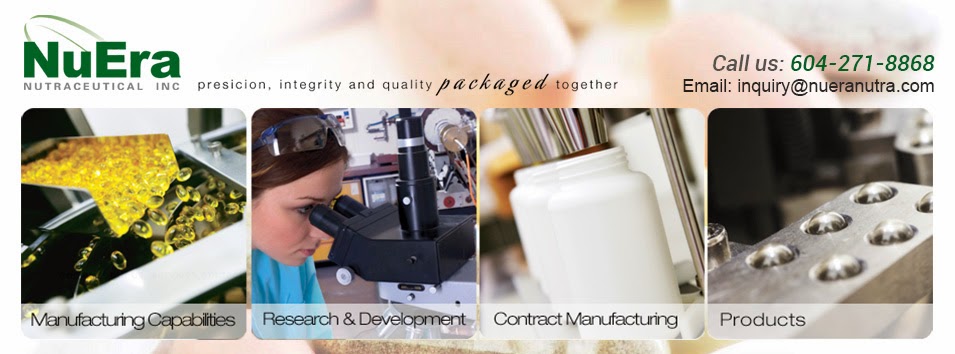A massive product and process development has transformed how tablets and herbal medicine are manufactured in the pharmaceutical industry. It follows a multi-stage process, with each of them following a highly quality-checked operation.
The process starts with the blending of active ingredients and excipients. The mixing and granulation follows, with wet granulation a little more advantageous than the dry. Both of them have their pros and cons. For instance, wet granulation reduces the level of dust and cross-contamination. Dry granulation is favorable for moisture sensitive or heat sensitive materials. Direct compression is also followed in some cases.
During the compression stage, the granules (wet granulation) or the slugs (dry granulation) are made into the final product. Single punch machine and rotary press are used in the industry for compression.
Herbal medicine, mostly available in liquid and syrup forms, has a benefit on the account of its ingredients. These compositions have been used over a long period of time so there is little doubt about their efficacy. However, there are issues of adherence to quality. Manufacturers are sticking to Good Manufacturing Practices (GMP) and it is evident in the range of products. It has been made more accessible with the rise of alternative medicines and contract manufacturing today.

No comments:
Post a Comment